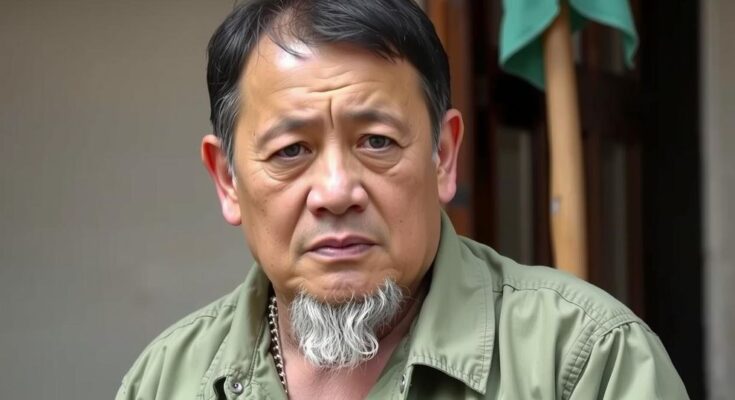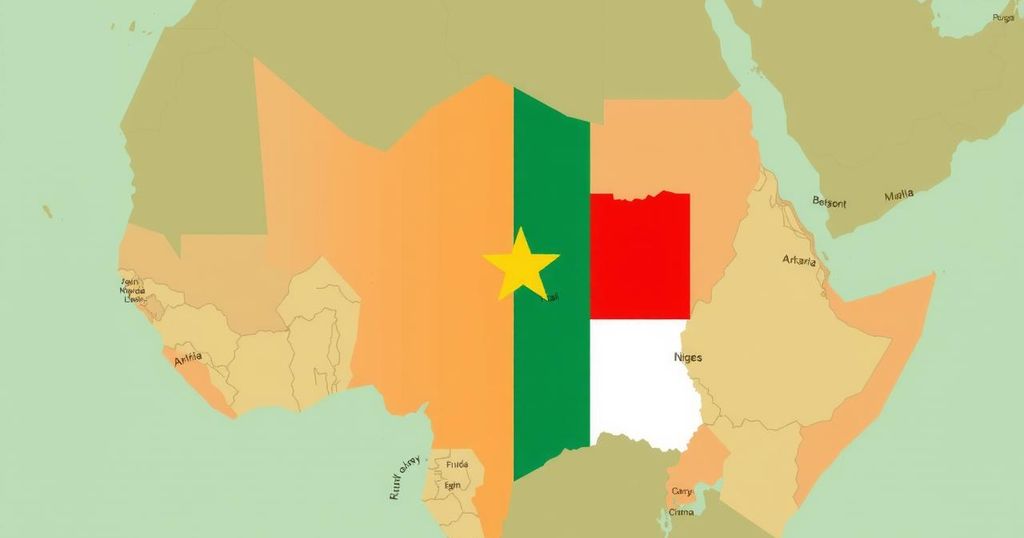Pablo Muñoz Hoffman, a former Chilean guerrilla, was apprehended in Bolivia after nearly three decades on the run and subsequently released, sidestepping extradition to Chile. His intention to acquire travel documents led to his arrest, yet despite the interest from Chilean authorities in his extradition, he was allowed to return as the statute of limitations had elapsed on his sentence. The case illustrates significant jurisdictional challenges and diplomatic intricacies between Chile and Bolivia.
Pablo Muñoz Hoffman, a former guerrilla member of the Manuel Rodriguez Patriotic Front (FPMR) from Chile, was apprehended in Bolivia and subsequently released by Bolivian authorities, despite an existing extradition request. Captured after 29 years of evasion, Muñoz Hoffman had initially escaped from prison in 1996. He was arrested near the Chilean Consulate in La Paz, intending to acquire documents for returning to Santiago due to personal matters. Chile’s government expressed an interest in having him serve his remaining sentence, yet he was released, with insufficient clarity provided on the reasoning behind this decision. Muñoz Hoffman’s legal representatives indicated that he could freely return to Chile since the statute of limitations had elapsed on his sentence. Chilean authorities noted that jurisdictional limits prevent them from exerting influence over Bolivian judicial processes, emphasizing that any necessary extradition procedures must be initiated independently in Bolivia. Consequently, Minister Carolina Tohá clarified that should Muñoz Hoffman return to Chile himself, he would be subject to arrest.
Pablo Muñoz Hoffman symbolizes a significant chapter of political unrest in Chile during the late 20th century, having been involved in the FPMR, a group active during Pinochet’s dictatorship. His escape from prison in 1996 marked the start of nearly three decades of elusiveness. Muñoz Hoffman’s recent arrest displayed the complexities surrounding extradition and international law, particularly amid political relations between Chile and Bolivia. The implications of his case have raised discussions about jurisdiction and diplomatic procedures within the legal frameworks of both nations.
The decision by Bolivian authorities to release Pablo Muñoz Hoffman despite an extradition request from Chile raises myriad questions about law enforcement jurisdictions across borders and the handling of historical political cases. With the statute of limitations offering him a pathway to return as a ‘free man,’ the situation underscores the complexities involving extradition treaties and mutual agreements between nations. Both governments now face the challenge of addressing the legal and diplomatic ramifications of this case moving forward.
Original Source: en.mercopress.com




